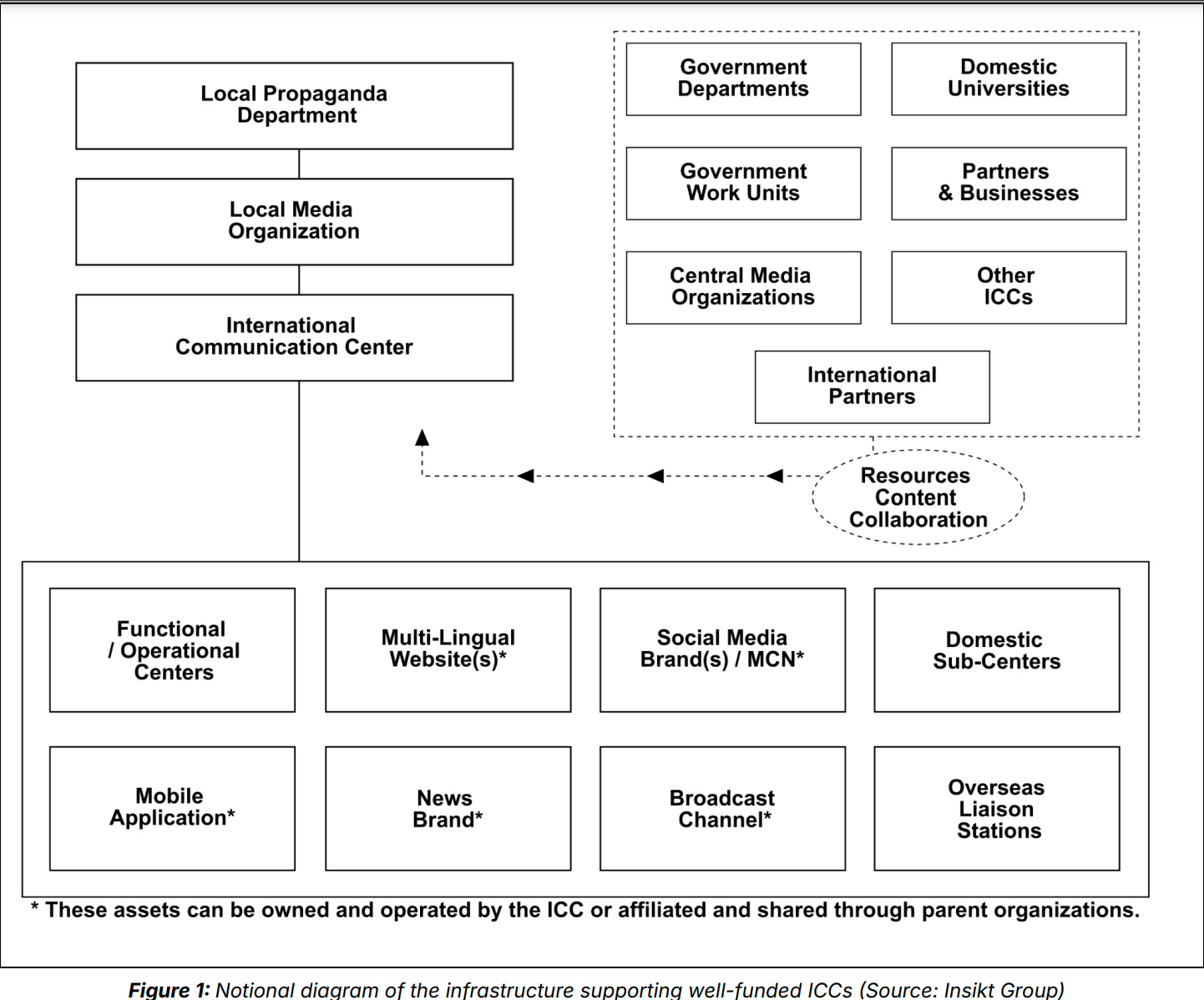
China continues to vigorously expand its global propaganda infrastructure through a network of International Communication Centers (ICCs). According to a report by Insikt Group, more than 100 such centers have been established since 2018, with the majority appearing after 2023. These centers aim to bolster the international standing of the Communist Party of China (CPC).
ICCs coordinate local, national, and international resources to enhance China’s image, promote political narratives, and foster conditions for economic partnership. They employ a strategy of “precise communication,” tailoring messages to specific target audiences.
The primary mission of these centers is to advance a positive portrayal of China, highlighting its cultural heritage, technological achievements, and economic progress. Additionally, ICCs actively counter negative narratives by disseminating favorable information and striving to sway global public opinion.
An example of their work is the ICC in Fujian province, which manages TikTok accounts targeting Taiwanese audiences. One account, referred to in the report as “Two Tea Eggs,” publishes content sharply critical of the Taiwanese government. On YouTube, the center promotes videos where Taiwanese residents express positive sentiments toward China.
ICCs utilize a wide array of strategies to achieve their objectives. One principal method is the active use of social networks like Facebook*, TikTok, and YouTube. Many accounts created by these centers do not disclose their ties to Chinese state structures, allowing for covert information campaigns.
Moreover, ICCs collaborate with foreign influencers and so-called “communication officers,” who produce content in the form of video blogs, user-generated clips, and “experiential propaganda.” This approach enables Chinese narratives to spread as organic user content.
Another tool employed by the centers is a partnership with foreign media. Organizing trips for international journalists to China, creating joint projects, and hosting localized events help promote alternatives to Western information sources. Such initiatives have been observed in Australia, the United States, France, Japan, Cambodia, and other countries.
Despite their ambitious goals, ICCs face several challenges. These include a shortage of professional and foreign specialists, limited funding, a lack of data for “precise communication,” and difficulties in focusing on target audiences. Many centers depend on state media entities like the Xinhua News Agency, which diminishes their agility and effectiveness.
ICCs play a significant role in China’s long-term strategy. While they are not yet perceived as reliable information sources, their ability to amplify narratives during geopolitical crises can be substantial. These centers are particularly effective in countries of the Global South and on the fringes of the West, where they focus on promoting themes like the quality of life in China rather than political values.
The expansion of the ICC network reflects China’s policy under the leadership of Xi Jinping, aimed at revitalizing media strategy and centralizing resources. These centers contribute to advancing Chinese interests, suppressing negative narratives, and offering alternatives to Western information outlets.
In the long term, China plans to establish ICC platforms that will be regarded as trustworthy and authoritative. However, current limitations—such as low levels of international trust and staffing challenges—make this unlikely in the near future.


